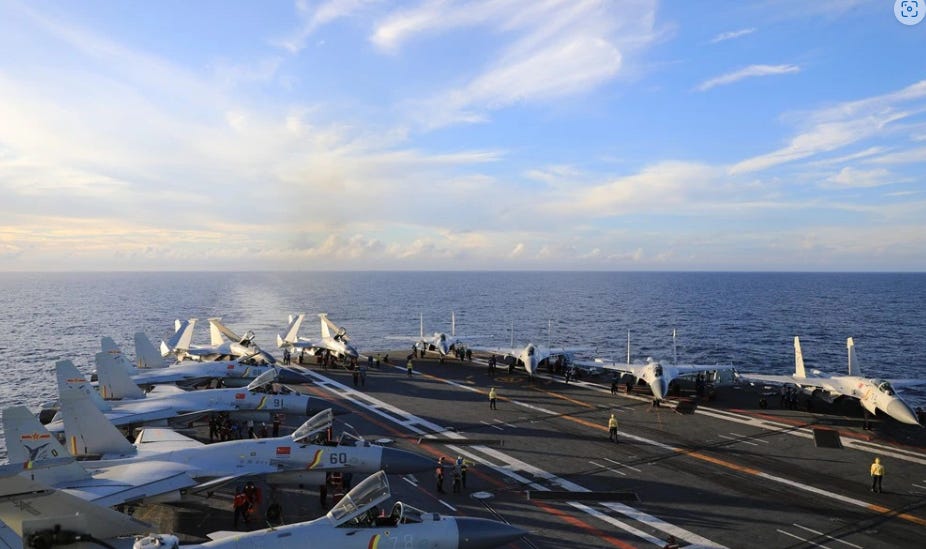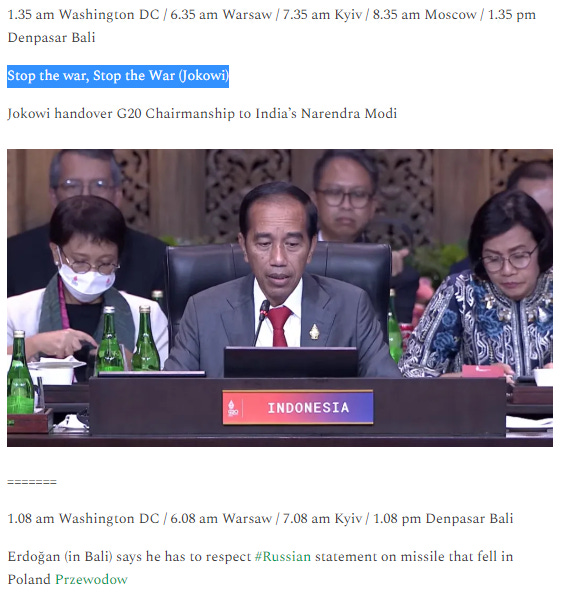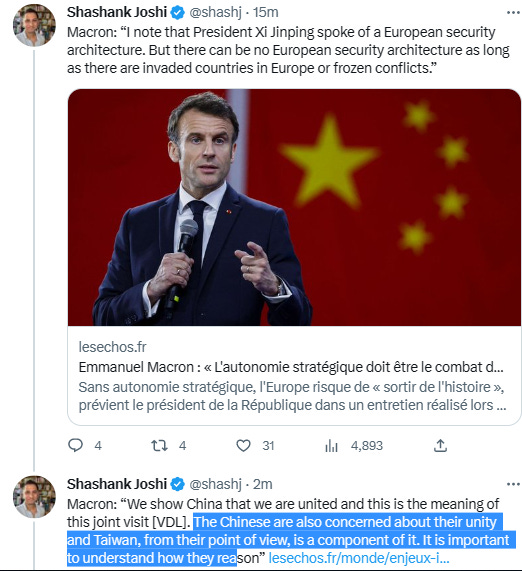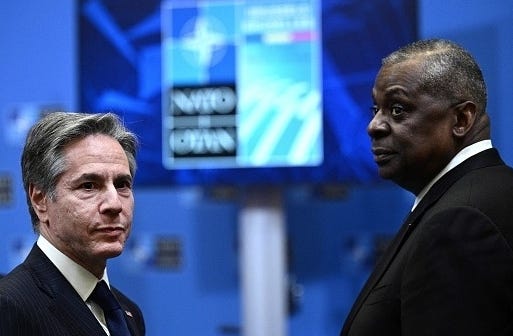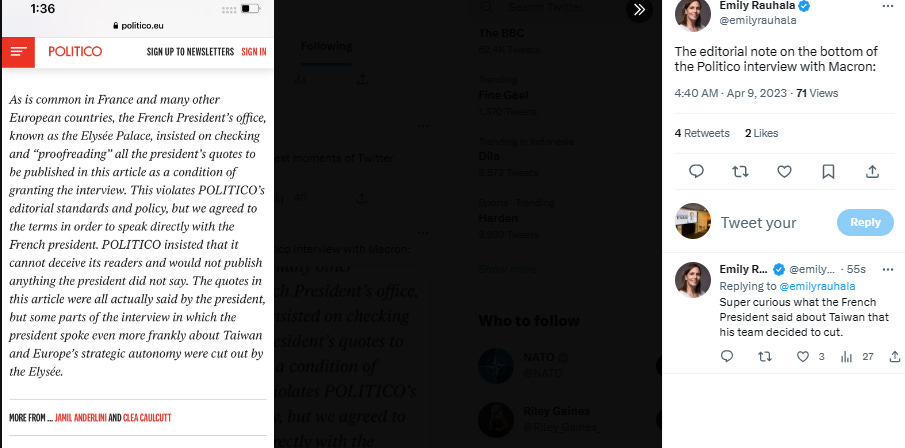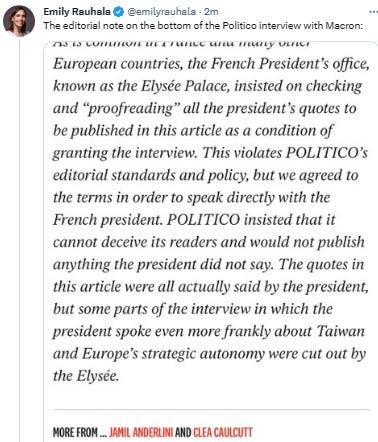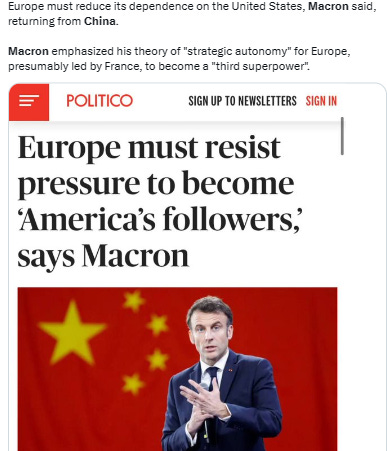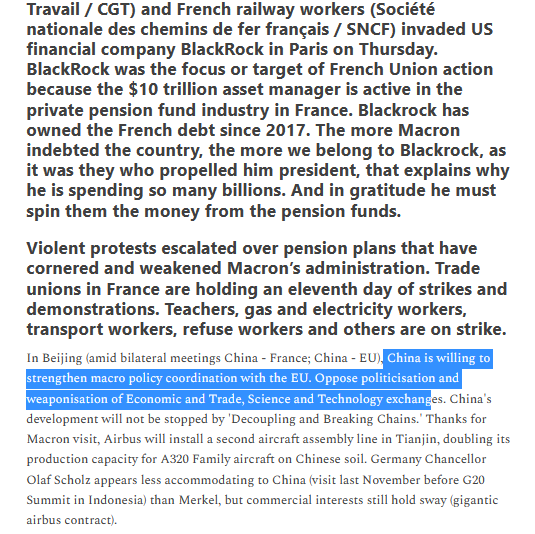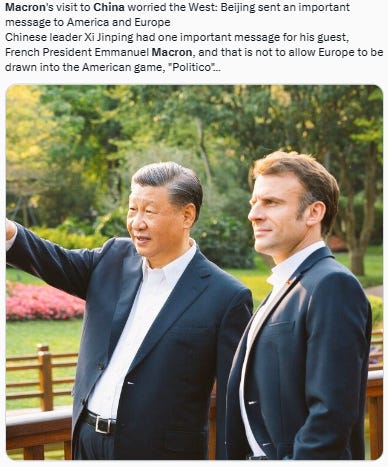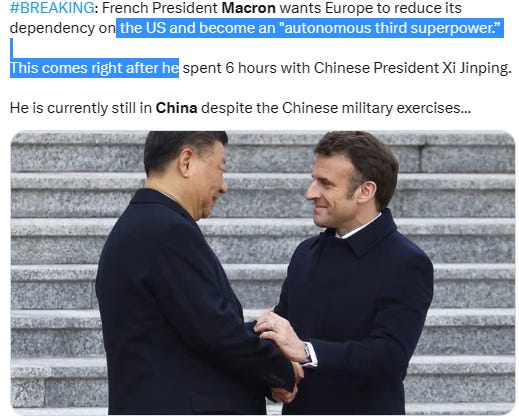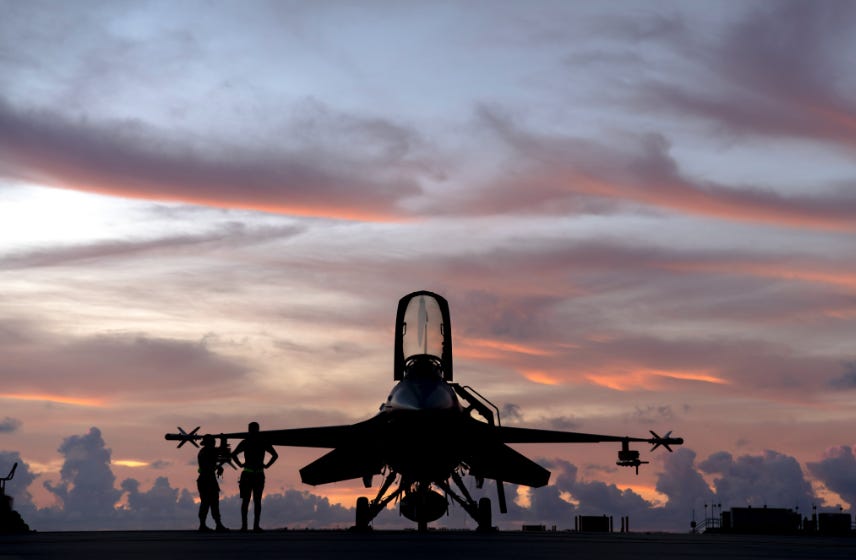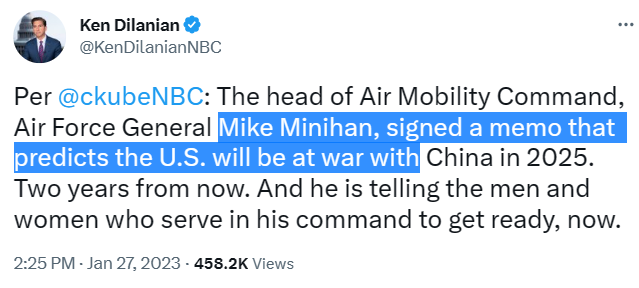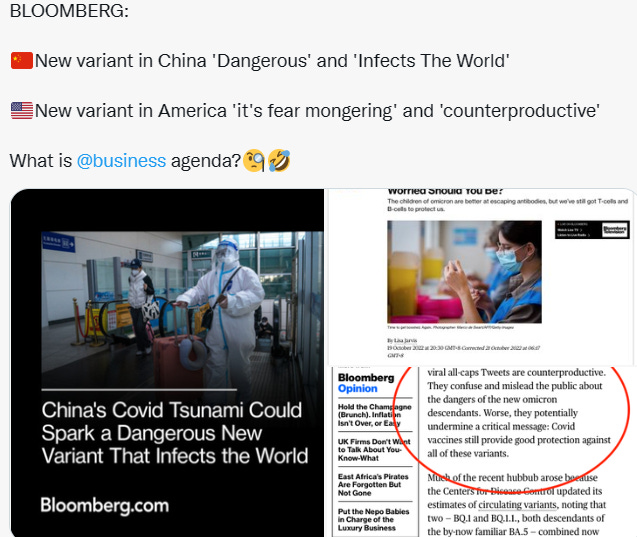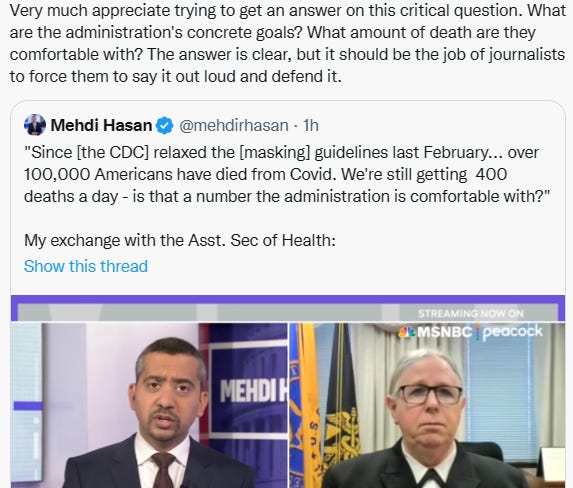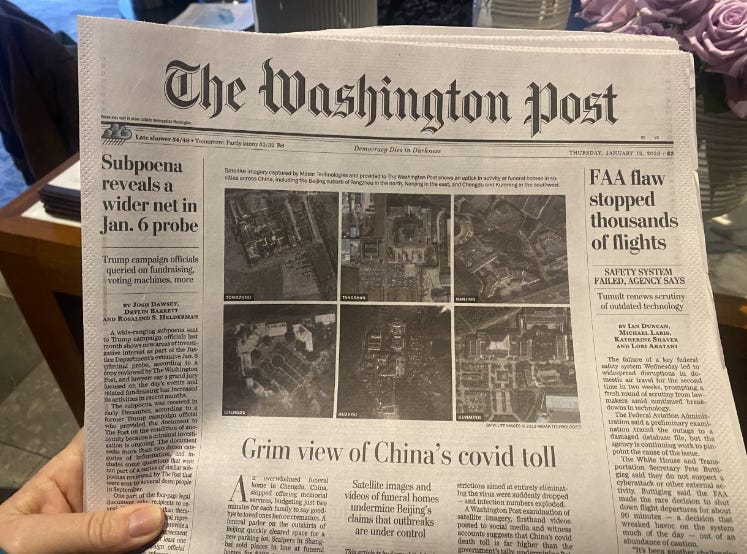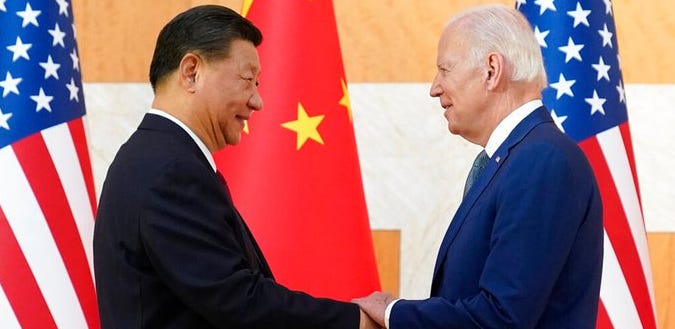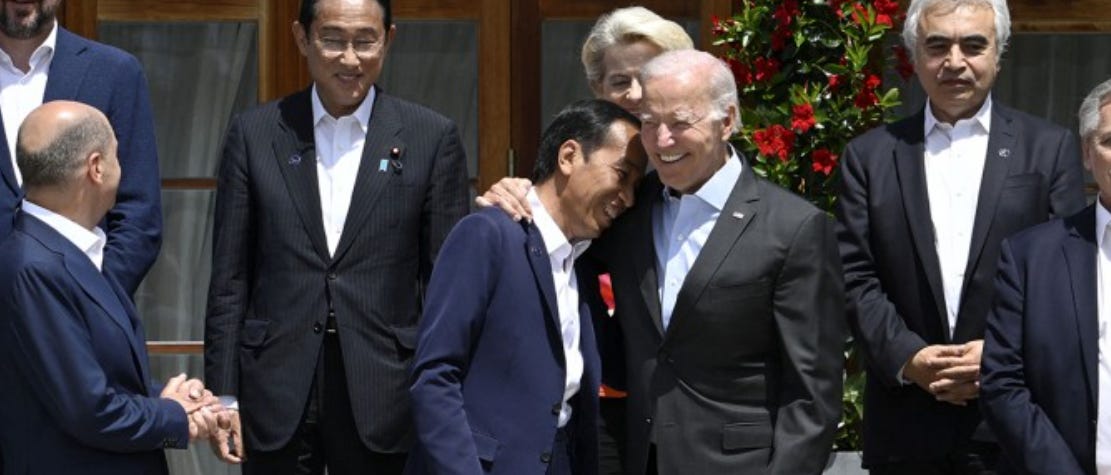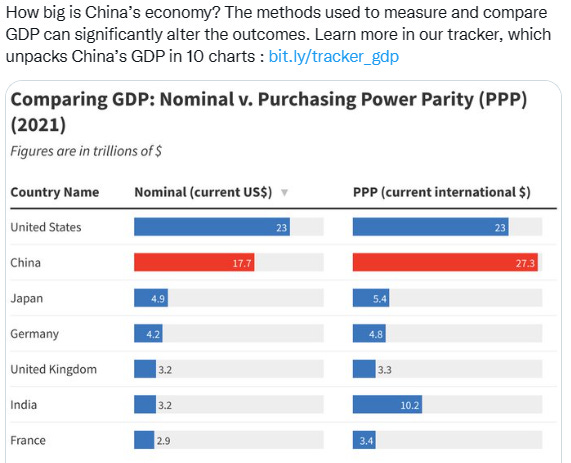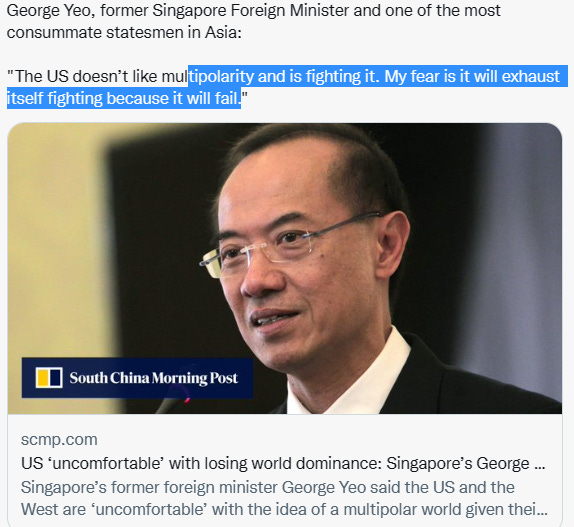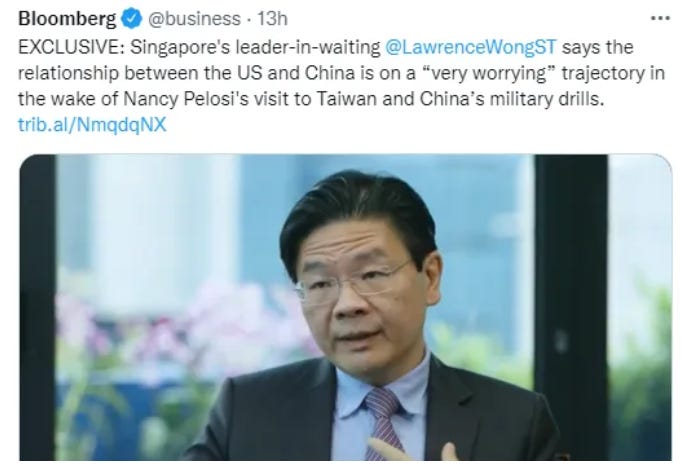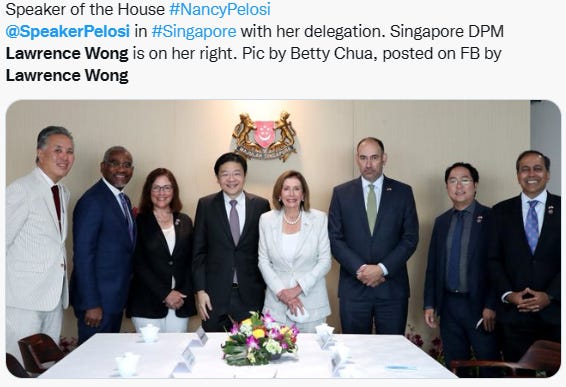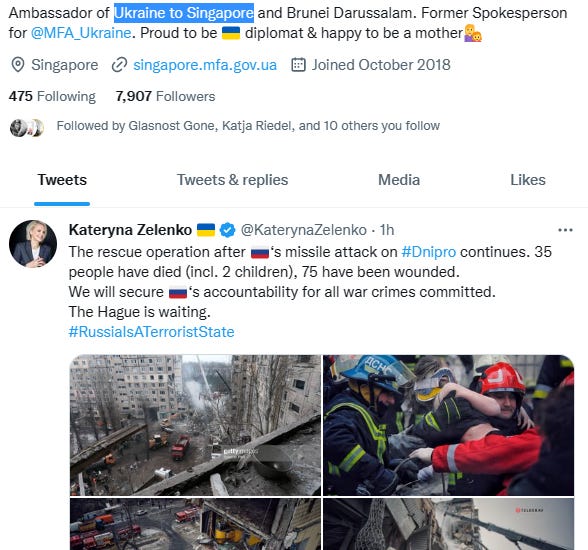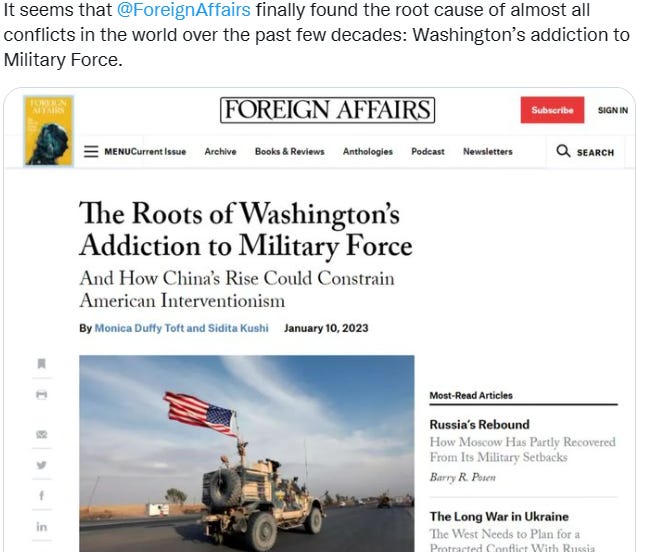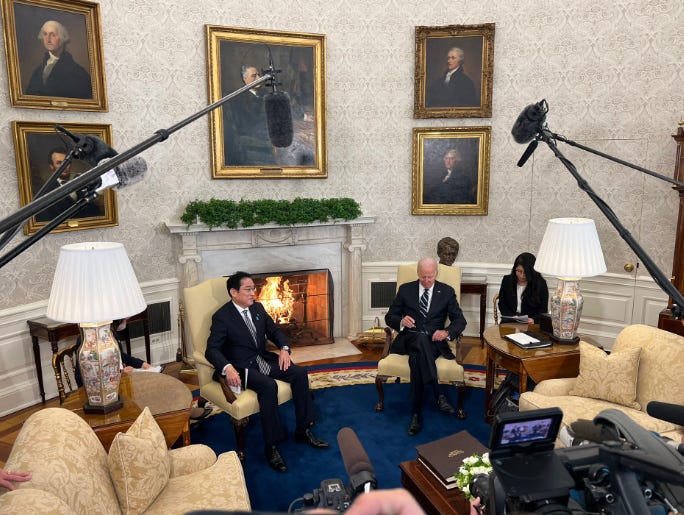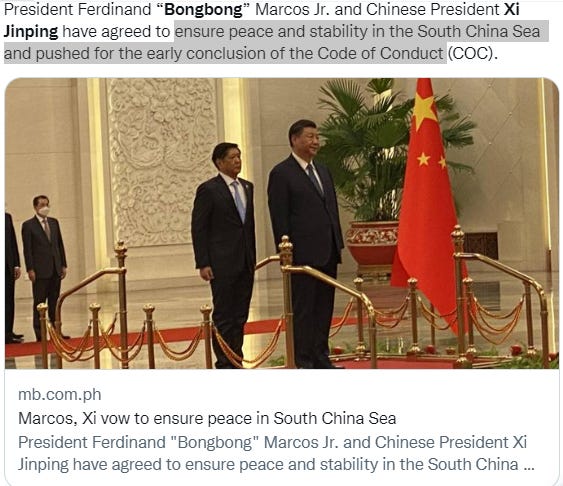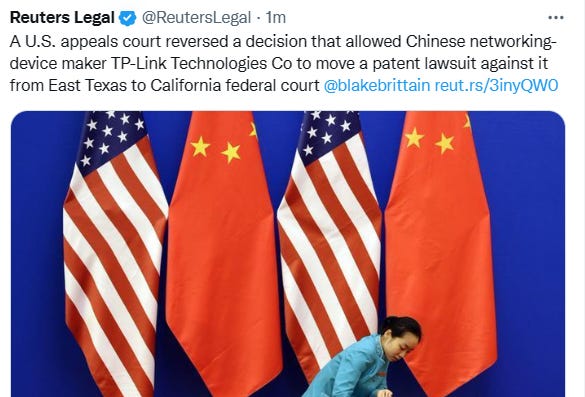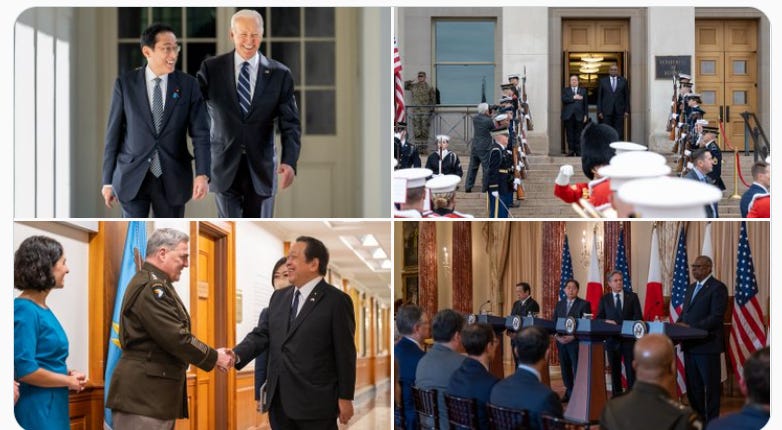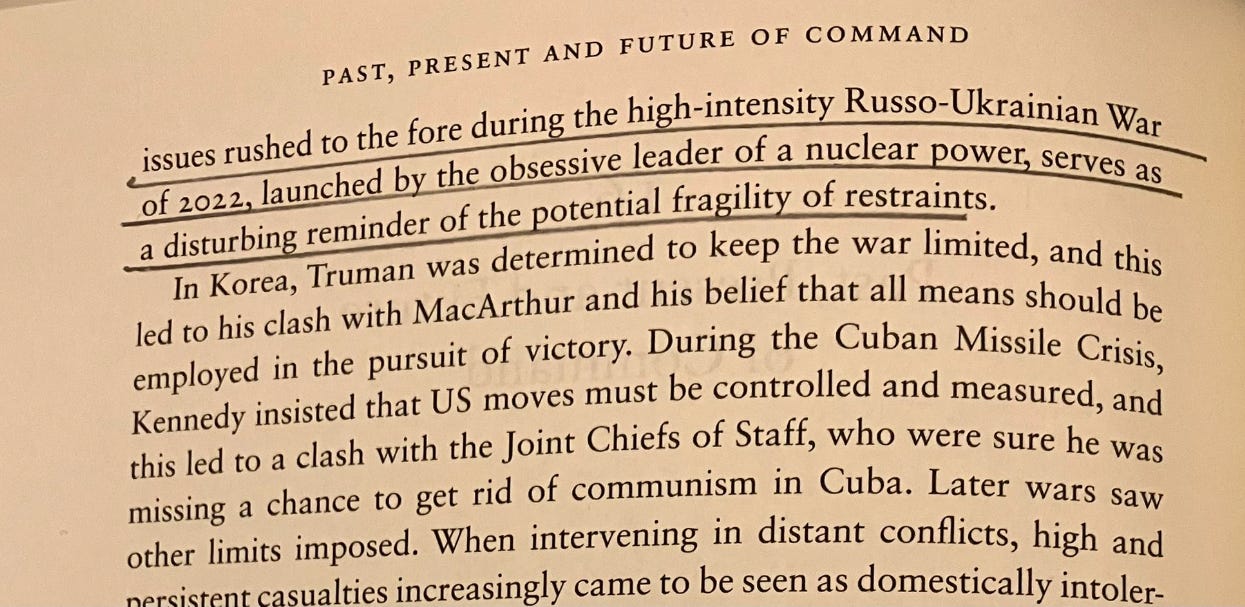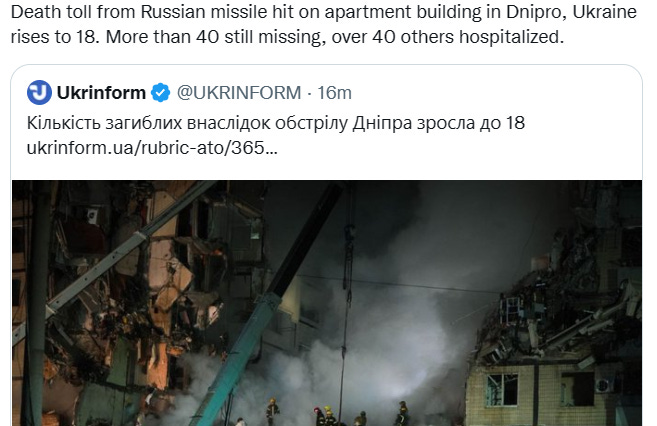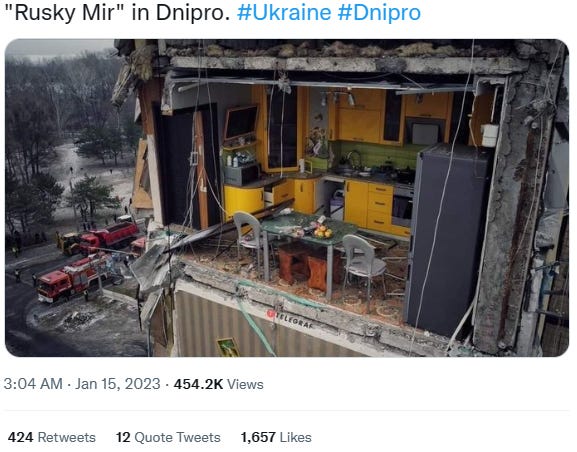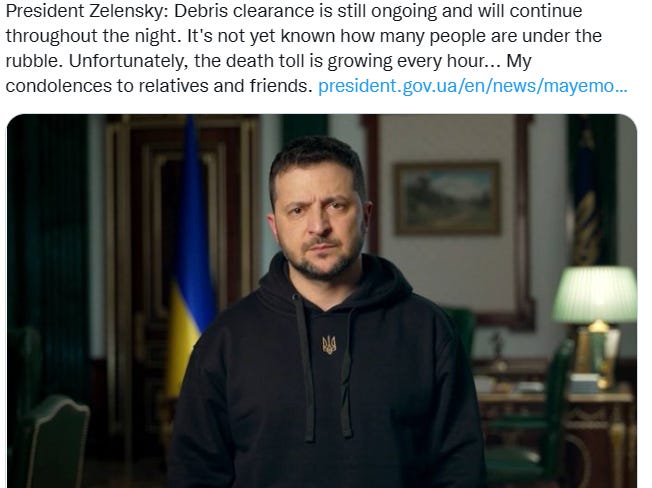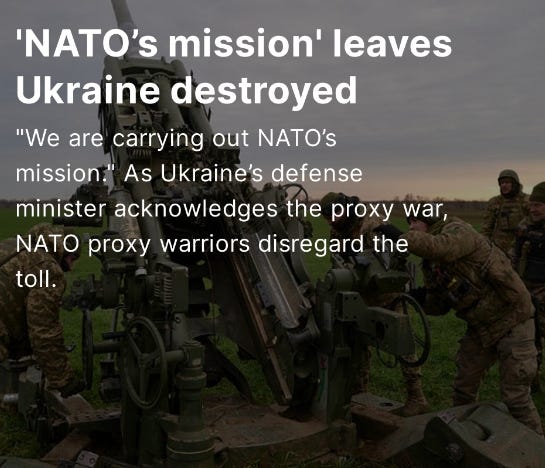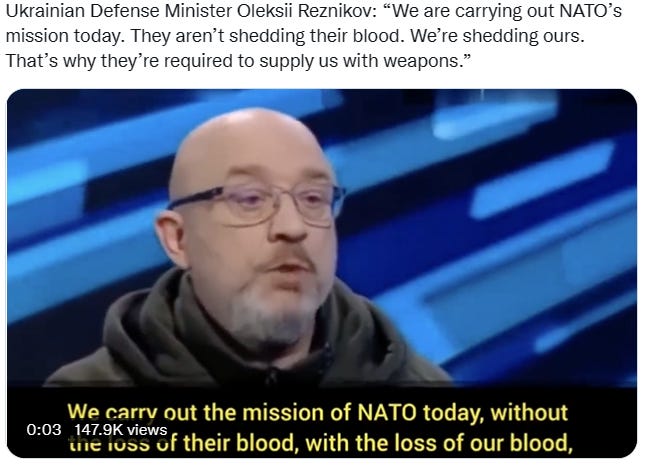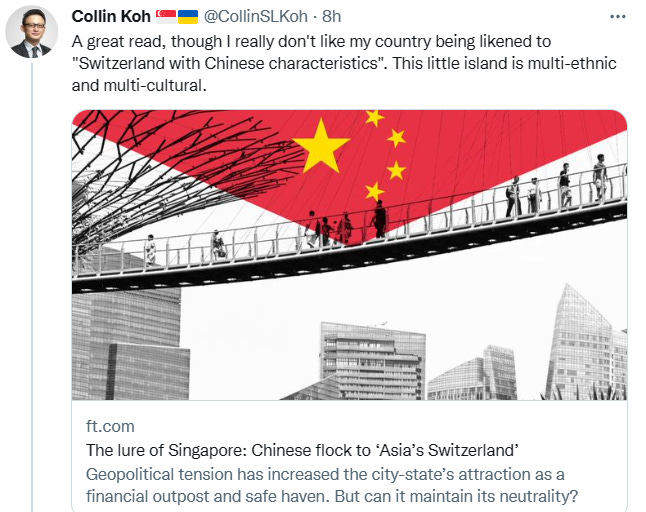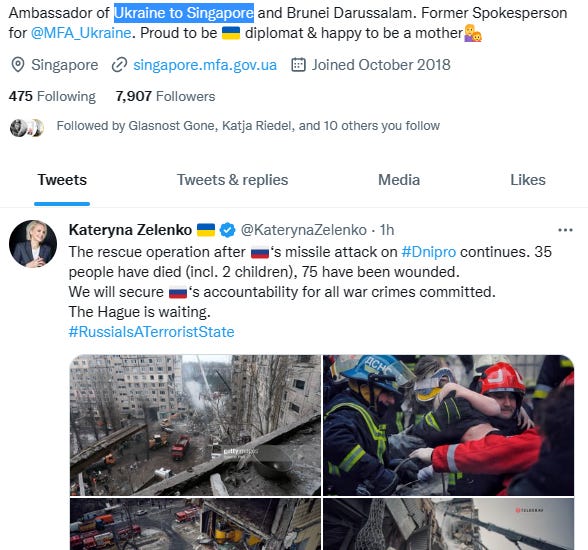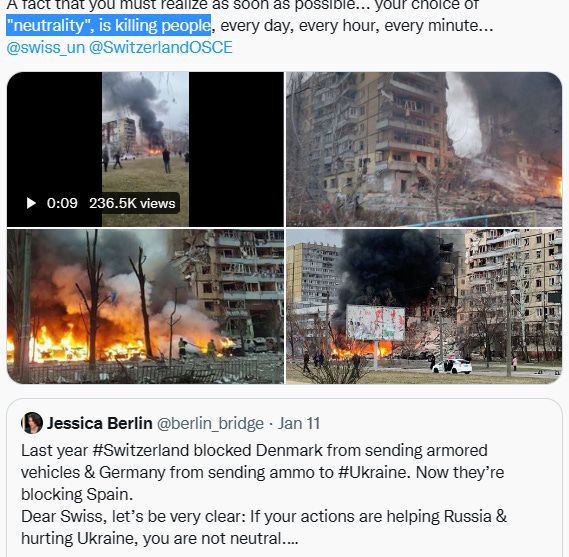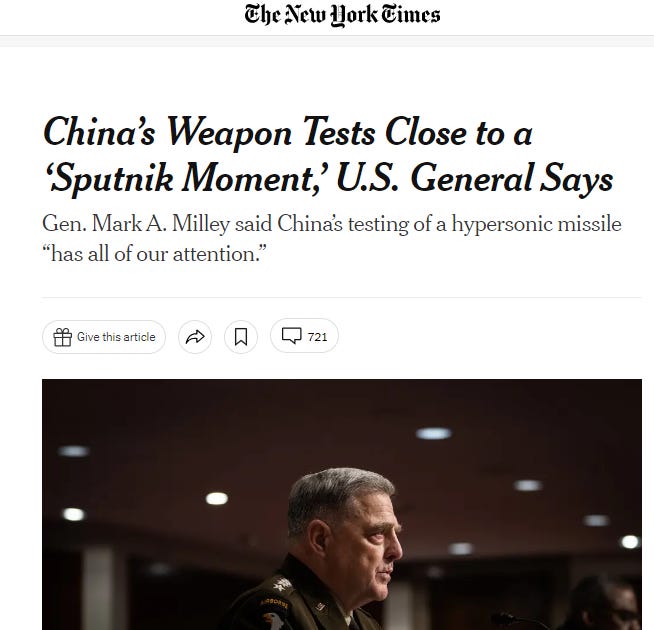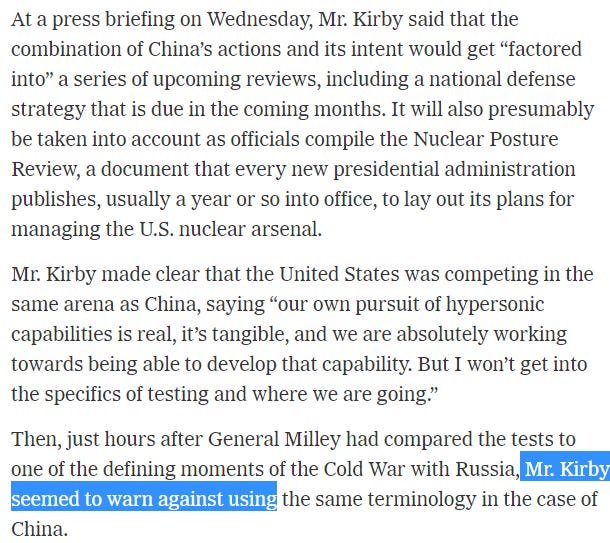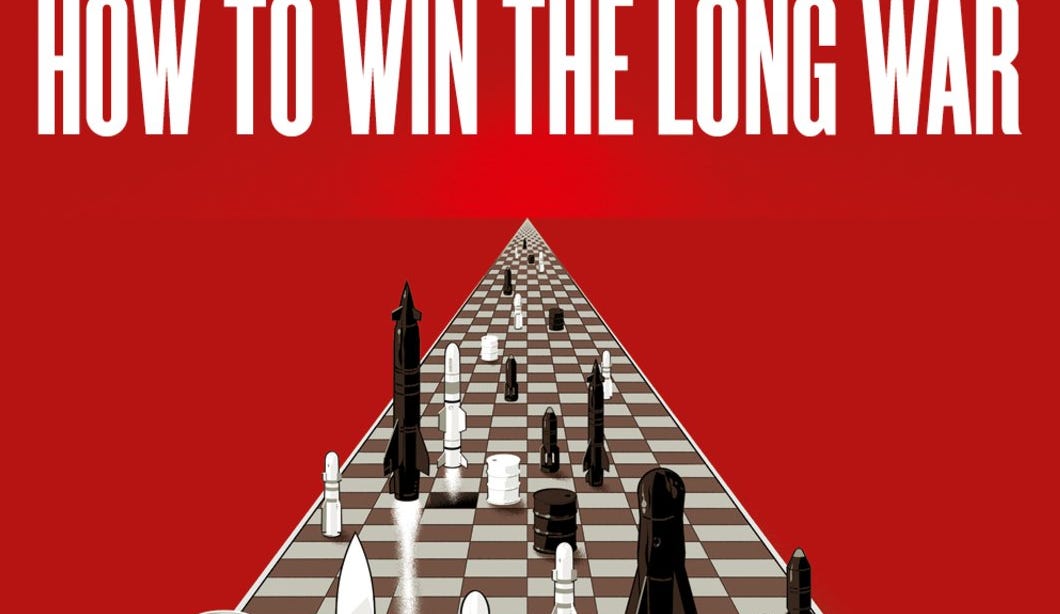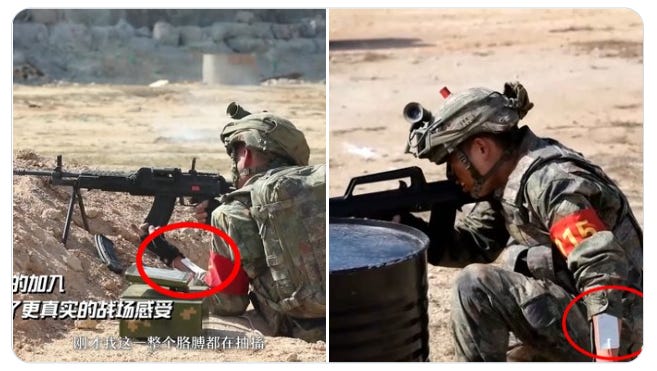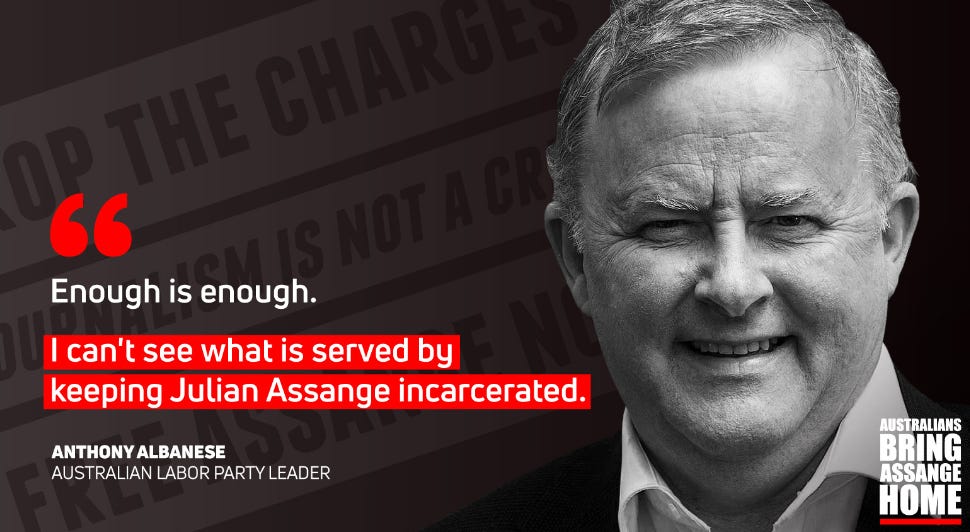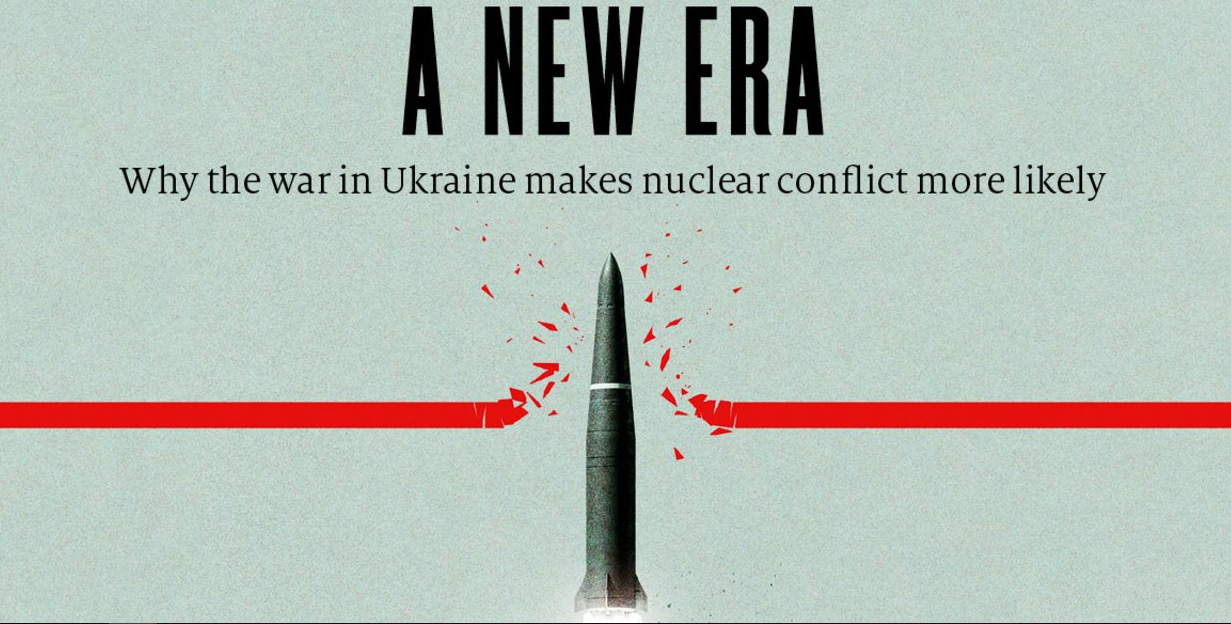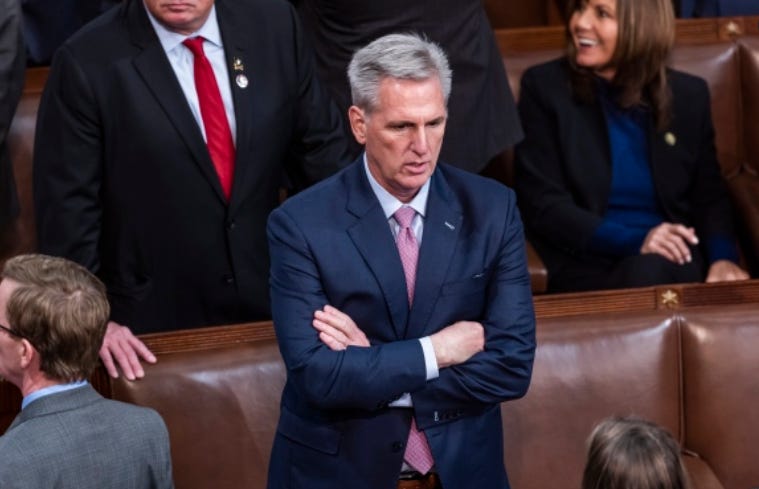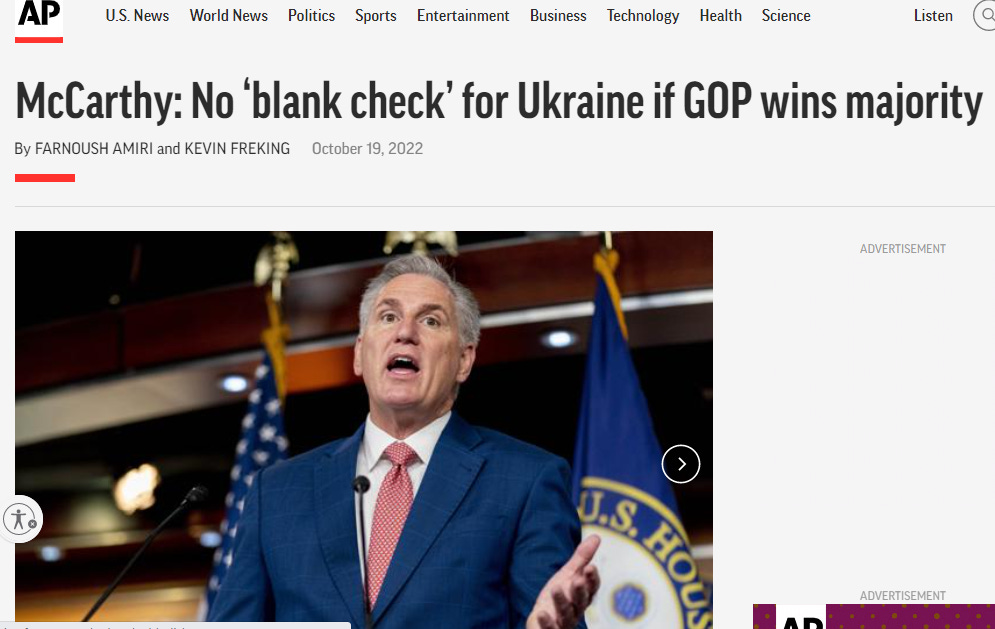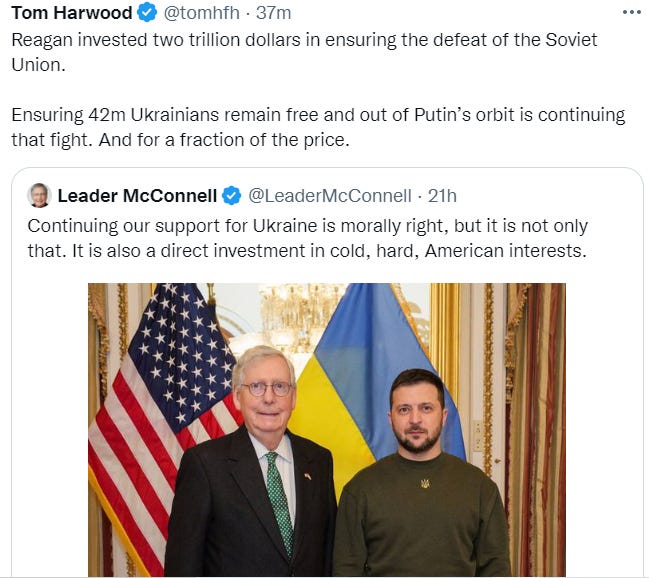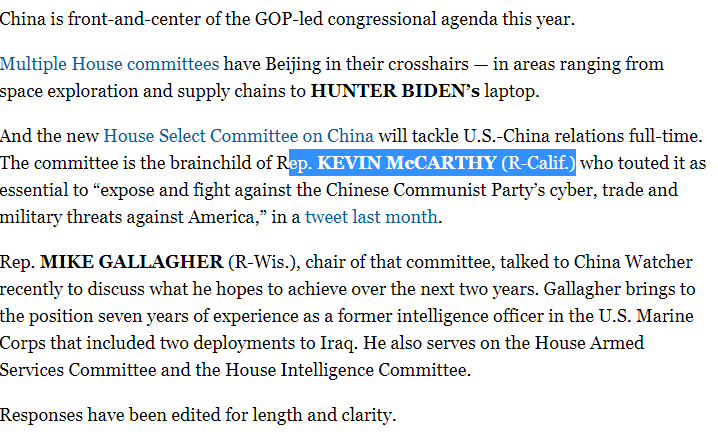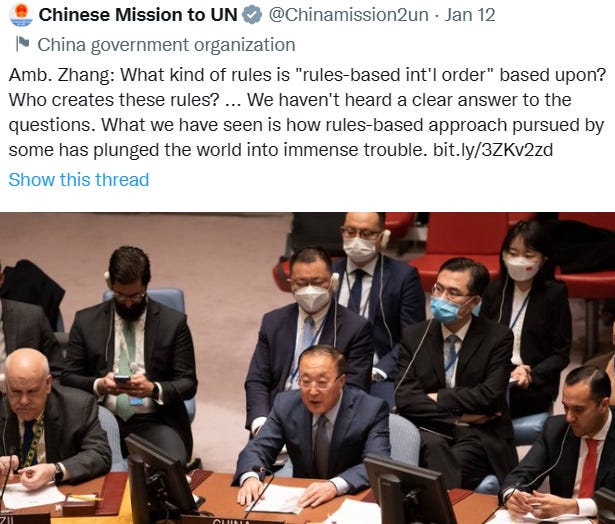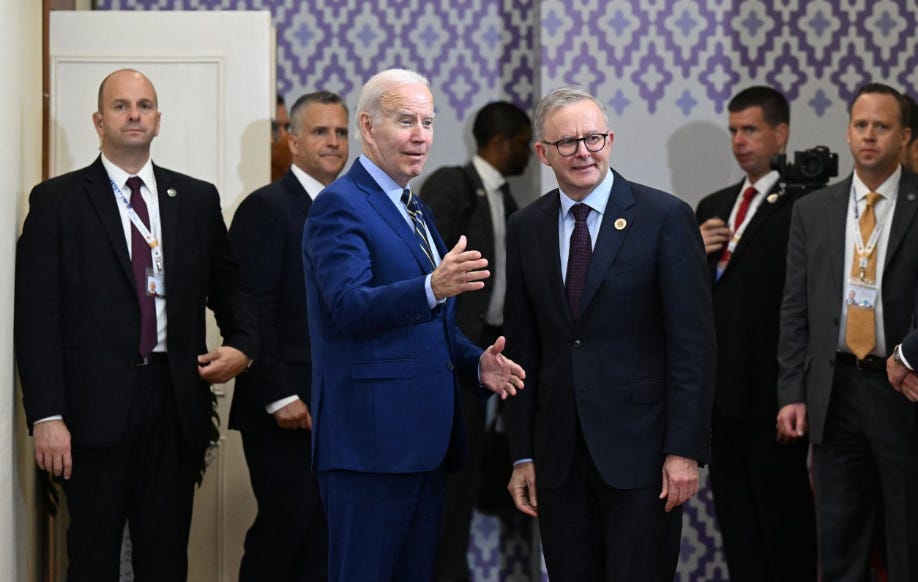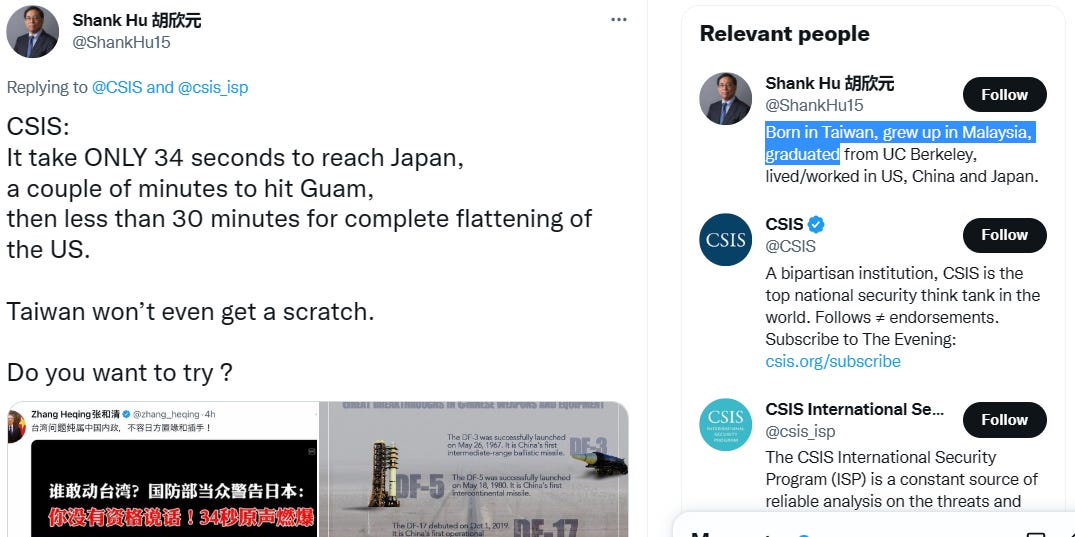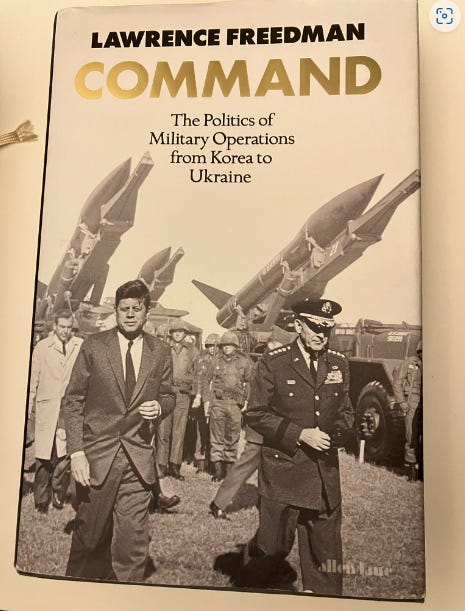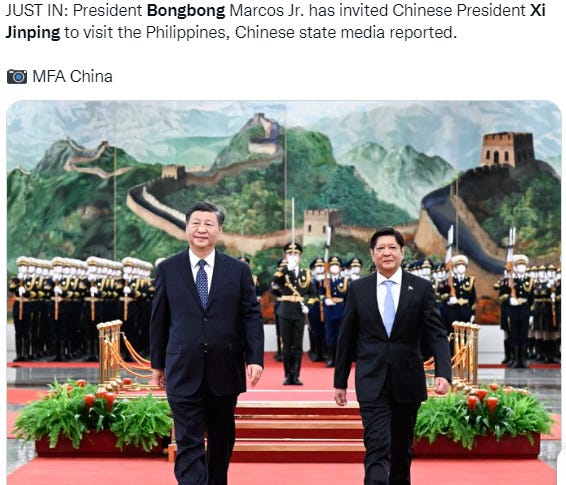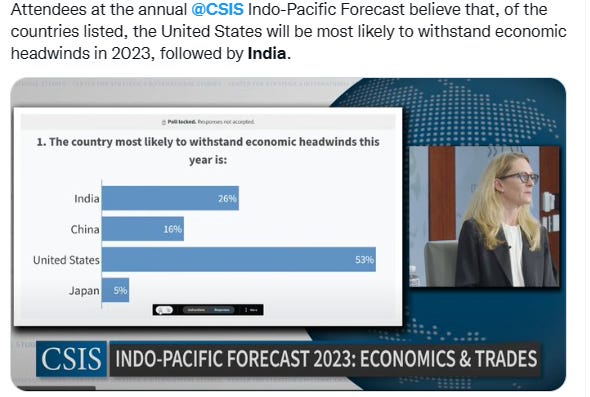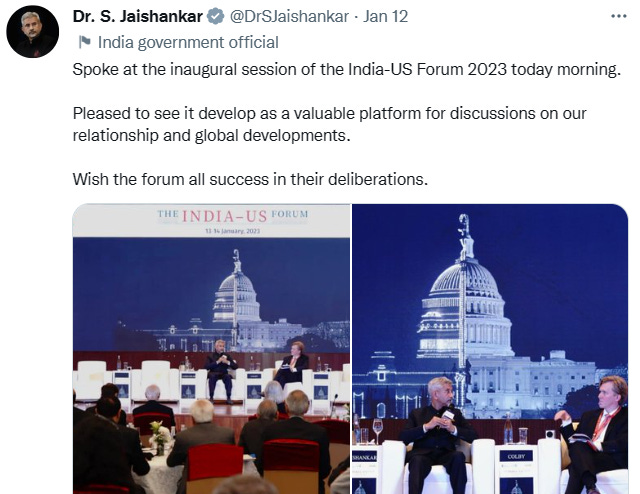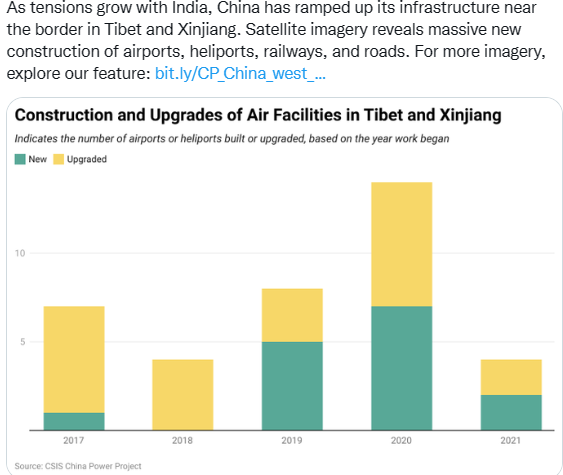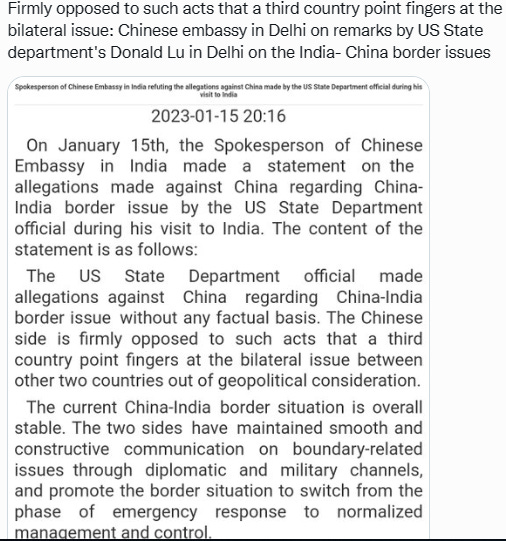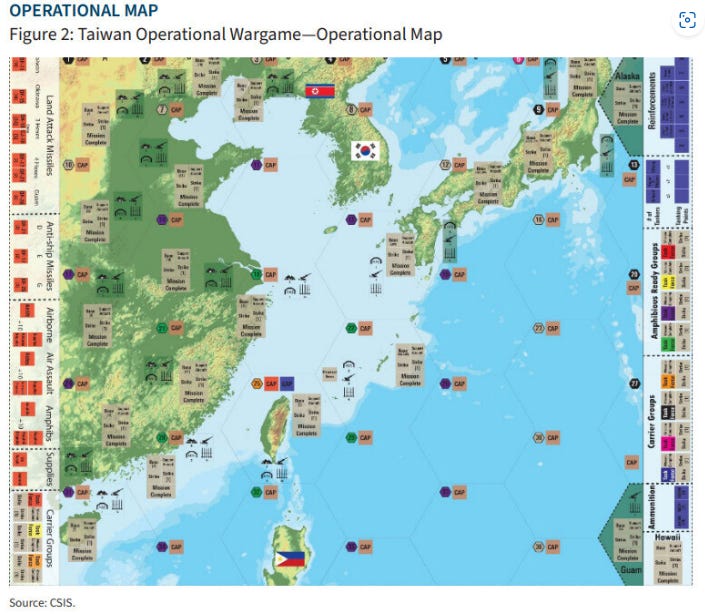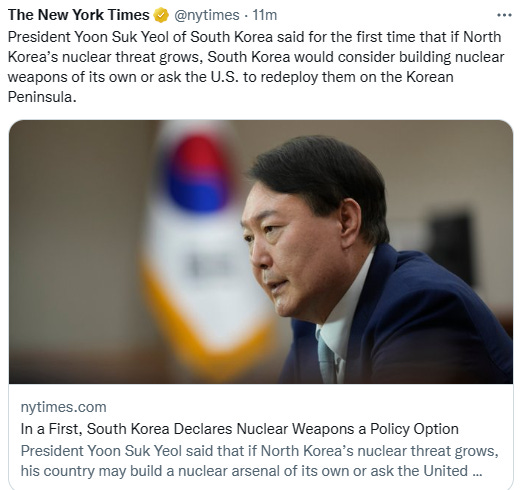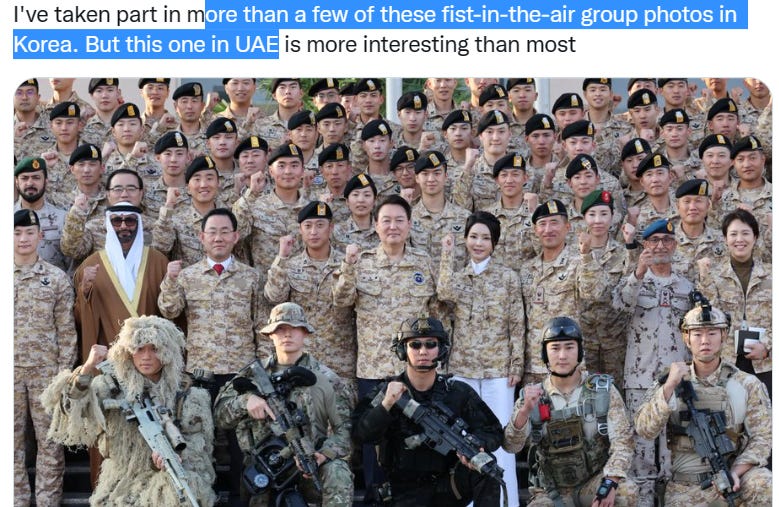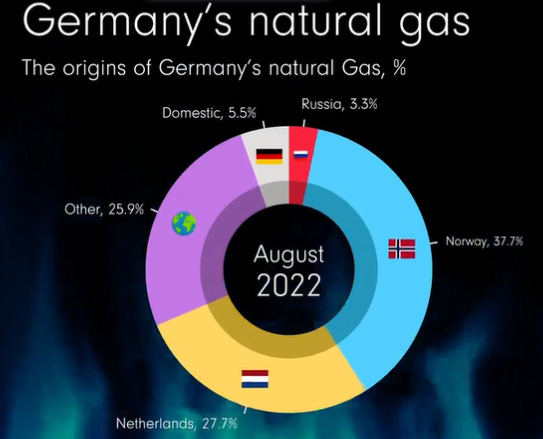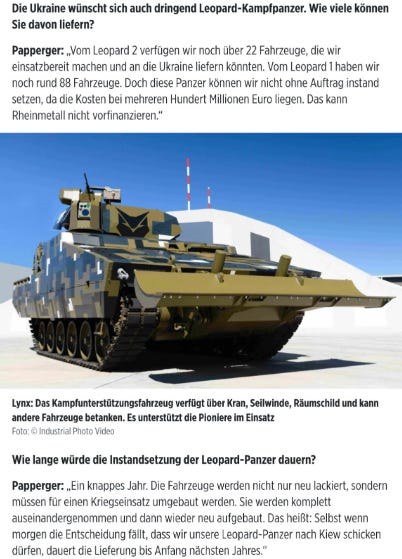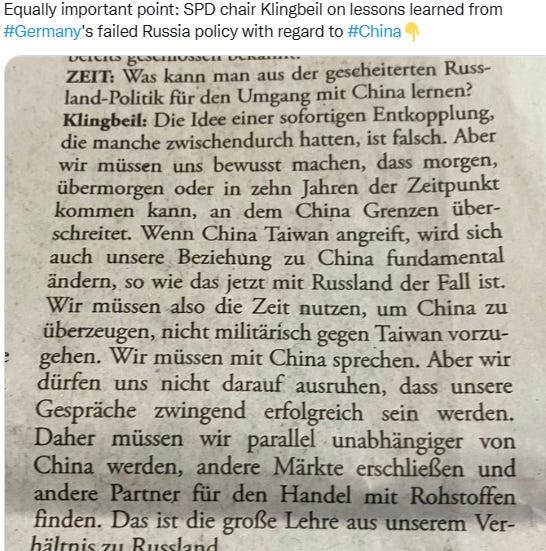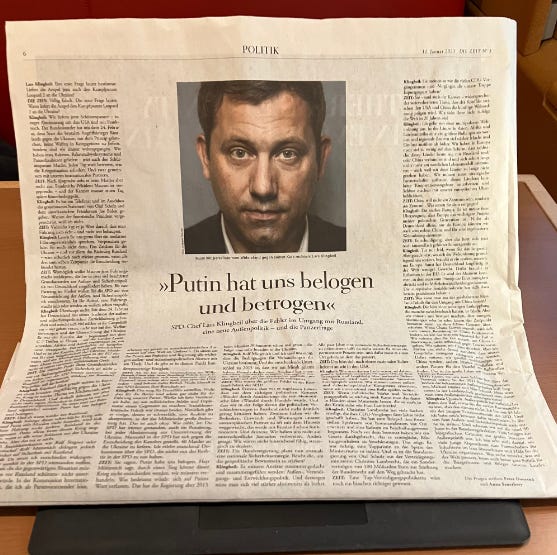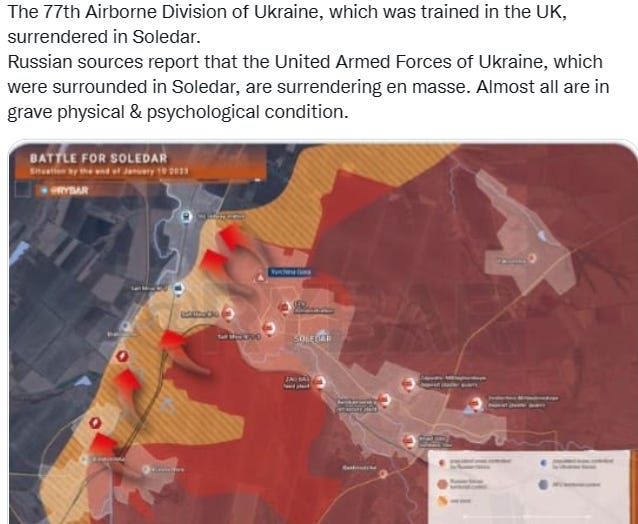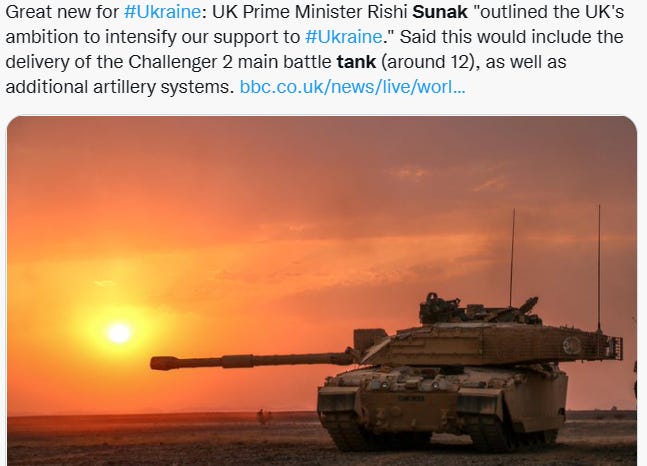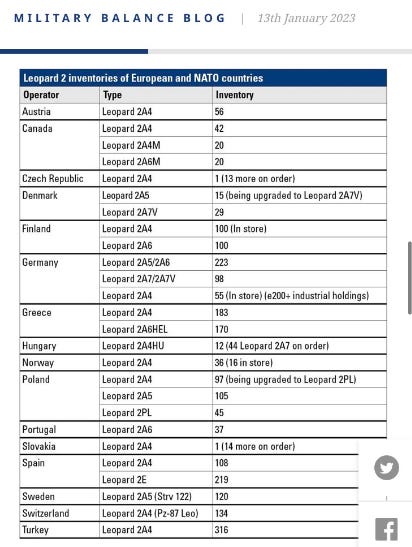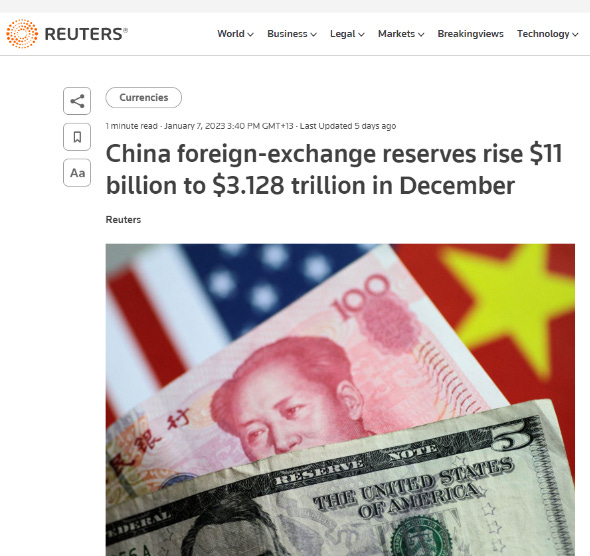After CSIS 2026 Pacific War Scenario: Mapping Readiness, Or (The Choice) Immediately Truce
They cannot withdraw from the conflict, they cannot let go. This is why we are now in an endless war, in a confrontation whose outcome must be the collapse of one or the other.
Every simulation(s) and survey(s) / poll(s) create a different path, sometimes with “unsurprisingly” results, sometimes “surprisingly.” For example, Hillary Diane Rodham Clinton will win in 2016, by nearly every pollster.
After surveys emerged, a lot of “MAGA” mania, Trump mania, set an aggressive adjustment, aggressive campaign, better move rather than Hillary camp. Then the “red wave” really happens. Democrats are facing a big loss in November 2016, even worse than Bush Sr win and Reagan win. Don’t forget that Chicago Daily Tribune predict Thomas Edmund Dewey will win, but, contrary, the real result is Harry S. Truman win (* "S", is not an abbreviation of one particular name, but rather it honors both his grandfathers, Anderson Shipp Truman and Solomon Young). Both Hillary and Dewey are elected officials in New York: Hillary was Senator; Dewey was Governor.
So, what actually we must be worried about after “mammoth, very detailed, very numeric” CSIS research about the scenario (war) in 2026 between China vs Taiwan (+ U.S., Japan, maybe South Korea)? We must be careful in (at least) the last 72 hours (12-14 Jan).
8 Hours ago, China's National Health Commission reported 59,938 deaths related to COVID-19 in a 36-day period from December 8, 2022 to January 12, 2023, of which 54,435 deaths from underlying diseases+COVID19. First official confirmation of high number of deaths in current wave amid opening. This means Xi Jinping will push, and will set another gigantic budget to prevent more deaths at least in 2023. For more context, since May 2022 (8 months ago), Xi Jinping has withdrawn China from hosting Asian Cup 2023. Qatar will stage next year's AFC Asian Cup in place of original hosts China PR after seeing off rival bids from South Korea and Indonesia.
59,938 in 36 days means 1,650-1,700 fatalities per day because covid. If China's population was adjusted to be the American population, the number would be 460-500 fatalities per day because covid. For calamity, actually American fatalities because covid since December 2022 until today between 300-700 (*less number maybe under reporting because holiday/every Saturday and Sunday).
Don’t laugh early about the unfortunate situation in China. The U.S. is facing another painful situation. 27 Hours ago, WaPo (Washington Post) reported that Kevin Owen McCarthy cut a secret deal to close down much of the government and cause the US to default on its debts in order to become Speaker. Immediately (around 25 hours ago), Treasury Secretary Janet Louise Yellen warned congressional leaders that the United States is expected to hit the debt limit on Jan. 19 and urged them to raise the debt limit as soon as possible.
China may not have a problem with money, but the problem is how to prevent a chaotic situation at home because covid. The U.S. problem is how to get approval about money. Reuters, on January 7th 2023, reported that China foreign-exchange reserves rose US$ 11 billion to US$ 3.128 Trillion in December 2022. China is literally swimming in foreign-exchange reserves. Contrary, the U.S. is facing a debt ceiling.
The U.S. is not so stupid as to have not considered sparking World War Four in the Pacific (if Russia - Ukraine officially get a name WWIII), but just stupid and arrogant enough to think it can win it. And that will be seriously fucked up for everyone. "In a fractured world, China’s message of unification may find more takers than the 'us vs them' and 'democracy vs autocracy' binary approach of the U.S. The U.S. [risks looking] like the belligerent power and not China." Confrontation between China and the US will have no winner but will give space to a country like India, and to many others. Rewrite addition: but not to Europeans. Everywhere we see the weakening of the US, but not in Europe and Japan because one of the effects of the retraction of the imperial system is that the United States strengthens its hold on its initial protectorates.
Closing his trip in Washington and after meeting with Biden, in another session, Japanese PM Kishida Fumio said he shared with G-7 leaders his “strong sense of crisis regarding the security environment in East Asia”.
“The lesson of Ukraine has taught us that the security of Europe and the Indo-Pacific are inseparable,” Kishida told a news conference a day after meeting US President Joe Biden.
“The situation around Japan is becoming increasingly severe with attempts to unilaterally change the status quo by force in the East China Sea and South China Sea and the activation of North Korea’s nuclear and missile activities,” he said. Kishida was referring to China’s rising assertiveness in surrounding waters where the growing power has a slew of island disputes including with Japan, the Philippines and Vietnam.
With a bloodbath budget for spending military stuff since February 24th 2022 (Russia - Ukraine), no doubt that the Third World War has started. In pacifist views, the destruction of Ukraine could have been avoided if the Zelensky regime had simply carried out the Minsk II agreements. No invasion, no millions of refugees, no hundreds of thousands of deaths. "We are carrying out NATO’s mission," Oleksii Yuriyovych Reznikov, Ukraine’s defense minister acknowledges the proxy war, NATO proxy warriors disregard the toll.
In “pro status quo” in the Pacific, of course not worried about WW4. The United States has an overwhelming advantage over any other country in global power projection. AUKUS enhances Australia’s ability to demonstrate its relevance to this. Planners have long feared that some other country in the region might become more powerful and more relevant to the United States, which would select it over Australia as a close military ally. The more vulnerable the United States becomes in Singapore, Japan, Taiwan and the northern Philippines, the more attractive Australia becomes as a secure location for US forces.
From this perspective, the greater the US presence here the better. At a time of intense geopolitical rivalry between the west and China, Singapore remains open and welcoming of both. Singapore has also stolen important conferences from under Hong Kong’s nose. SuperReturn Asia, Asia’s leading private capital conference, last year was held in Singapore for the first time and attracted large companies and investors from all over the world, including China. As many parts of the world, particularly the west, have become more wary of Chinese investment and business, Singapore’s neutrality, stability, low taxes and low corruption makes it an obvious choice.
My reading of the game is that we barely win with huge losses, and this is under very rosy assumptions. The situation is very likely considerably worse than this game seems to suggest. Both the Chinese side (plus North Korea, maybe Russia) and the U.S. side (Taiwan, Japan, maybe South Korea, and Australia) have very little time to get things right.
One takes in a CSIS (165 pages length) report, and raises an eyebrow (at least: me), not because China will lose. But a sentence “Ninety Percent [90%] of the coalition's aircraft would be lost to Chinese missile attacks on the ground and not in the air.” Sixth-generation warplanes are likely to become motherships for drone swarms, tanks might become hubs for autonomous ground vehicles that can scout ahead and perform other tasks. Tanks will not die out; they will evolve instead. But even CSIS predicted the U.S. and allies losing 90% is really big numbers.
Read again: on the ground, a sector which arguably the U.S. military championed. This may be a serious warning how China may learn to intercept faster, and of course, learn how Russia is facing being stuck in Ukraine (currently 326 days of war – Jan 14th). I'm not referring to a secret weapon on the Chinese side (hypersonic missile). At the end of the day, war is about territory: invading, acquiring, and holding land, holding ground.
Conventional technology is relevant in the 21st century. Conventional weapons are not becoming obsolete anytime soon, instead they are getting advanced to aid the 5th and 6th generation weapons. On a battlefield, tanks need to be combined with both infantry & air power. Think of how German "blitzkriegs" were successful in early World War II because Panzer tanks were supported by low flying airpower. China, of course, learned about WW2. Indeed, key to declaring victory in war is the ability to hold land. Holding land requires a physical, protected presence. Tanks offer that.
In coding victory, it doesn't matter if a side incurred horrendous losses in terms of material and manpower. It doesn't matter if a side failed to gain as much as it wanted. What matters is the gain. CSIS warns that maybe the U.S. underrated Chinese ability on the ground if war happens (in 2026).
CSIS also warns Ukraine model is not an option, not because Ukraine is very successful to make Russia facing being stuck. (IMHO) Contrary, China really learned, and better adapted, to not repeat Russia “wrong-step”, “imperfect preparation” if China really wants to invade Taiwan. If hundreds of powerful nuclear warheads were used, there could be no winners. As Nikita Sergeyevich Khrushchev reportedly said, “After a nuclear war, the living would envy the dead.”
Regardless of Ukraine surprisingly making Russia facing being stuck, failing to invade Kyiv on Day-5 (between Feb 24-Feb 28 2022), the problem actually emerged in internal Ukraine. Ukraine itself is making its other major war -- against corruption, a battle that's just as strategic as fending off Russian forces.
What if some technical issues happens (too) in Taiwan territory, or at least (minimum) 1 US base near Taiwan or Japan. What if China (not North Korea) use a nuclear weapon? What if China sabotages directly on land, and creates a major loss between “Taiwan - US - Japan (maybe including South Korea) alliance, destroying more aircraft while still in the land, and of course tanks? What if, for years, China set a lot of collaborators, “silent assets” / “silent agents” to cause chaos in Taiwan, for example? PLA (Chinese) soldiers training with electric "pain pads", and even U.S. soldiers did not yet use it. It shocks them periodically, to make sure they maintain good shooting posture even under stressful situations in the ground.
If anyone still confused “are you crazy, Chinese planted a silent agent in Taiwan”, so, in Jan 12 2023, the FBI raided a Chinese police station in Manhattan last year (on the 3rd floor of a building in Chinatown owned by the America ChangLe Association is the 1st step), seizing documents from the facility in a criminal investigation into China’s overseas presence in the U.S. Safeguard Defenders has linked some of the stations to illicit Chinese-government kidnapping campaigns. FBI Director Christopher Asher Wray ripped into China’s decision to open the station, which he said “violates sovereignty and circumvents standard judicial.
I assumed, and this is normal, that the CSIS report was actually already done reading for a month, secretly handed over to several high ranking people in the Pentagon, NSA, or CIA before it was published this week. At least, “U.S. side” makes an adjustment to a longer day rather than “China side.” People get wrong when they call for defence ministers with defence policy expertise, that while such expertise might be good, it absolutely does not guarantee that such a person would be a good minister.
A slowing China under Xi Jinping, beleaguered by Coronavirus, has effectively ended a ban on Australian coal that has been a centerpiece of a diplomatic dispute lasting more than two years. Australia is QUAD members, and maybe the staunchest allies for the U.S. in the Pacific. Also the most competences and readiness in the Pacific beside the U.S. Paul John Keating (Labour), former Australian PM (1991-1996, he’s already embedded in Desert Storm 1991), warns Japan, another QUAD member. Paul said, for years Japan should have seen China rising and understood the scale of it. There’s 125 million of them, there’s 1.4 billion Chinese. If you’re a Japanese leader, you would be accommodating yourself to China.
There’s clearly a push to have more technical information made available to Australia. Perhaps even have the AUKUS submarines partly constructed here. The army-bargy may result in a minor compromise that will allow our govt to claim protection of Australia sovereignty. More specific: independence choice by Anthony Norman Albanense to decide to prevent a war or join. Brian Toohey nails the illogical Australian position on pushing China to war. If China proves an easier adversary than the Taliban, an enduring victory would require a horrific land invasion, or more horrific prospect of the use of nuclear weapons.
The core issue is interoperability, enabling our seamless integration into the US war machine. We must insist on a debate about locking Australia into endless future wars - the first on our doorstep. Albanese, born in Sydney, before becoming PM, advocated aggressively to push former PM Scott Morrison to negotiate for the release of Julian Paul Assange, born in Townsville, at least 2,100 km from Sydney. In New Year Eve 2023, ABC's John Lyons has today reported he expects Julian Assange to be unconditionally released "within two months". Events may prove PM Albanese's 'quiet diplomacy' was the correct pathway to freedom. Assange stubbornly advocates anti-war even in jail.
The Royal Australian Navy has consistently preferred submarines far in excess of Australia’s proximate defence needs; it insists on full interoperability with the United States, including the most sophisticated sensors and weapons and the capacity for very long ranges and endurance. Full interoperability means, among other things, compatibility with the US Navy’s underwater surveillance system, which tracks other countries’ submarines at long distances. One defence minister said quite bluntly that, ‘Ideally, we are seeking a comparable capability to a nuclear submarine with diesel-electric motors inside’.
Nuclear-powered submarines would have been the obvious choice in this context due to their endurance, speed and indefinite submerge time. But Australia has no domestic nuclear power industry—necessary if a country is to operate nuclear-powered submarines in a self-reliant manner. The Navy therefore stuck with diesel-electric boats but imposed on them demands far greater than those imposed by any other non-nuclear navy. The AUKUS announcement implies that Australia has jettisoned any remnant of self-reliance in favour of full interoperability. Indeed the government has decided to host US submarines in Western Australia until Australia’s own boats arrive in the 2040s—meaning, essentially, that Australia has outsourced its submarine capability to the US Navy for the next two decades.
It’s been suggested that Australia’s focus on interoperability with the United States is not explained by subimperialism but by threats to Australia’s energy security; namely, that Australia is vulnerable because it isn’t self-sufficient in energy and other materials such as fertilizers. While it is true that Australia needs imports and uses the seas rather than land to transport them, fear of being choked off from trade flows has rarely been a realistic concern of policy makers.
Energy security carries little weight as an explanation for policy. The Australian government has examined energy flows carefully. A high-level Energy Task Force consisting of officers from the departments of prime minister and cabinet, treasury, environment, transport and industry developed an Energy White Paper in 2004. The task force looked at a wide range of issues including developing Australia’s energy resources, energy security, and climate change.
It saw no reason to increase Australia’s strategic petroleum reserves. Meanwhile, the government deployed the Royal Australian Navy to the Persian Gulf from 1990 onwards - Desert Storm 1991 (*Australia under PM Hawke and PM Keating between 1990-1991), joining the United States in enforcing sanctions on Iraq, followed by the 2003 invasion of that country (*Australia under John Winston Howard). These operations had nothing to do with protecting Australia’s trade routes or other fantasies, as the Official History of Australia’s Peacekeeping Operations confirms. Jan 10th 2023, under 55th (newly elected) Speaker Kevin Owen McCarthy, Congress agreed to prohibit selling oil to China. H.R. 22, specifically, the bill prohibits the Department of Energy (DOE) from selling petroleum products (e.g., crude oil) from the SPR to any entity that is under the ownership, control, or influence of the Chinese Communist Party.
Even now, Australia is the only member of the International Energy Agency to hold less than the required 90 days’ worth of fuel. We have 55 days of reserves, only three days of which are in public hands, with the rest held by industry players. Japan by contrast has 183 days’ worth of fuel reserves, the majority of which (110 days) are government held.15 Policy planners aren’t driven by strangulation scenarios, although they might use them to justify a policy that has other motives.
China is even more vulnerable than Australia to having its energy flows choked off: it relies on the Strait of Malacca, through which most of its energy imports travel, and on the long transit across the Indian Ocean, which is heavily patrolled by increasingly hostile navies. A war in the Western Pacific would disrupt nearly all Chinese trade, whereas for Australia and the United States, only trade with China would be greatly affected. Nor would Australia and the United States need to forcibly blockade China’s sea and air routes: non-Chinese shipping and air transport companies would not enter the combat zone because they would rather lose revenue than ships and planes. China has been a net oil importer since 1993, and the gap between domestic consumption and domestic production has grown steadily since. China had become the largest importer in the world by 2019, relying on imports to meet almost 75% of its consumption. It is also one of the world’s largest natural gas importers, relying on imports to meet more than 40% of its domestic needs.
There is a word for these threat scenarios: projection. If the objective is to join the US in threatening China’s fuel supplies, such a policy cannot be stated quite so brazenly. It must be recast in terms of threat – a Communist government bent on world domination, in which disputes over exclusive economic zones and Taiwan are ultimately the forward elements of an international totalitarian wave. In fact, AUKUS provides evidence for a different conclusion – namely, that it is a conscious application of principles of imperial planning that long pre-date the Biden-Morrison period.
The perceived trouble is that the treaty bans the aggressive use of military force – something the US and Australia both use. Consequently, statements released during the Australia–US ministerial meetings on defence and foreign policy in early December did not mention ANZUS or its constraints. Instead, they refer favourably to the “rules-based international order” in which the US, not the United Nations, makes the rules.
In his subsequent comments on the need to build Australia’s military forces and welcome more American forces, Prime Minister Anthony Norman Albanese made no reference to ANZUS. This is part of a trend in which Australian leaders cannot bring themselves to criticise recent harmful US breaches of the international rules on trade and investment.
Article 1 of the 1951 ANZUS Treaty requires the parties to “refrain in their international relations from the threat or the use of force in any manner inconsistent with the purposes of the United Nations”. Aggression is clearly inconsistent with the Charter of the UN, which states, “All members shall refrain from the threat or use of force.”
Labor’s then External Affairs minister, Bert “Doc” Evatt, played a significant role in establishing the UN in 1945 and served as its president from 1948-49. Initially, Labor gave enthusiastic support to ANZUS’s prohibition on aggression. No longer. The preferred “rules-based international order” doesn’t ban aggression, except presumably for countries such as Russia and China. Unlike with the ANZUS Treaty, no text of the new rules or the AUKUS pact is available.
Albanese won’t explain why he wants a large and hugely expensive arms build-up. In a media interview published on December 19, all he said was that we need to spend a lot more on defence because the need for new capabilities is so great. He did not explain why. He refuses to nominate a potential enemy. He merely says we need to spend more on our military to “promote peace and security in the region”.
Participating in an arms race is not necessarily the same as promoting peace. Yet Albanese refuses to invest in arms control measures – unlike the Hawke–Keating governments. He says because of its values, Australia won’t attack any other nation. Yet it did in Iraq in 2003 and Vietnam in 1965. Although the invasion of Iraq was soon proved to be based solely on phoney intelligence, Julia Gillard as prime minister praised Australia’s participation with its American ally in numerous wars, including these two, in her address to congress in 2011.
Albanese takes for granted that there’s no need to explain where the threat comes from – although the implication is, of course, China.
China has been involved in only two wars since 1950. One was its reprehensible incursion into Vietnam in 1979. In the other, it defended itself against a real threat of invasion during the Korean War in 1951. Additionally, in a border dispute with India, it recently killed 20 Indian soldiers in a night-time clash in a contested mountainous region. Each side used clubs but not guns. In comparison, Brown University’s respected Costs of War Project estimates coalition forces killed about 37,500 opposition fighters and 200,000 civilians in Iraq alone.
Perhaps China will start a major war within a few years. No one knows. Alternatively, it may put renewed stress on its policy of living in “Confucian harmony” with its neighbours.
Albanese lacks an informed grip on defence issues. In the interview quoted above, he stated Australia must become more self-reliant in its defence, apparently unaware this is not possible because the US won’t give Australia the computer codes needed to operate American weapons systems and sensors. Nor will it show Australian technicians how to repair or modify any classified components.
This will get worse because of Albanese’s determination to buy eight American attack nuclear submarines for the Australian Navy. Because of the submarines’ extreme complexity, Australia won’t be able to operate them on its own. It may even have to let the US borrow them under the new “interchangeability” policy announced by Defence Minister Richard Marles.
Albanese also said the narrowing of an earlier 10-year warning of a potential attack means that we “need to make sure our defence assets are fit for purpose”. However, the Virginia-class subs he wants won’t fit into a 10-year period. Due to congested construction yards, the earliest the first is likely to be operationally available is 2040, and the last 2060. A realistic cost estimate is about $200 billion after inflation.
Based on the US experience, only two of these submarines will be operationally available on average. The bigger problem is that modern conventional submarines are superior to nuclear and safer because they are much harder to detect, contrary to what Albanese claims.
Unlike noisy nuclear subs, the latest conventional ones are much cheaper and can operate silently for three or more weeks. Nor do they release an easily detected infrared heat source, created by nuclear submarines constantly expelling the hot water produced by their reactors.
There is no indication Albanese has warned the Americans not to use their forces in Australia for military aggression, in breach of the ANZUS Treaty and UN bans. Similar considerations apply to electronic intelligence facilities in Australia, which play a crucial role in war fighting.
Close involvement in planning for a possible war can also create an expectation the ultimate decision will be “go”. Australian personnel, for example, were involved in the planning headquarters for the likely invasion of Iraq. A former senior official, Garry Woodard, says in a detailed study that having all the preparations in place creates a momentum that’s hard to stop.
Since then, successive governments have integrated Australian forces so tightly with their American allies – in the planning, training, doctrine, logistics and communications process – that the nation may find itself plunged into a devastating war between the US and China without parliament having the ultimate say after full consideration of the issues.
During last December’s ministerial meetings in Washington, the US defence secretary, Lloyd Austin, heavily praised Australia, which had just agreed publicly to an expanded American military presence here. Austin said, “We call the relationship between the US and Australia the unbreakable alliance for good reason: Australia and the US have stood shoulder to shoulder in every major conflict for more than a century.”
If he intended that World War I be included in that statement, it is a bit of a stretch. The only time the two countries stood shoulder to shoulder was in the Battle of Hamel, for a total 93 minutes. When welcomed by Austin, Marles seemed overwhelmed by the occasion. The transcript shows he said, “It’s really a thrill to be here and it’s great to see you again. As we would say, ‘Long time no see.’ Although we saw each other 10 days ago in Cambodia.”
Albanese downplays the importance of Austin’s announcement at the Washington talks, where the American said there would be an increase in the rotational presence of US forces in Australia, including rotations of bomber taskforces. Austin added that Japan would now be “integrated into our force posture initiatives in Australia”. How that is compatible with Japan’s “pacifist” postwar constitution was not explained, although it is about to become the third-most powerful military country on Earth.
Albanese says US bombers have exercised in Australia before. The difference now is that they will have a semi-permanent presence after new spending on a parking apron for six B-52s at an Australian base. These bombers, each of which can carry 40 tonnes of bombs and missiles, are designed for savage aggression.
At the same time as the Australian government is trying to improve relations with China, it is greatly increasing spending on offensive weapons for a potential war with China – without adhering to any published treaty explaining the ground rules. Perversely, it supports a forward defence doctrine that has failed repeatedly in the past.
The difference this time is that China has a powerful modern military. Yet as part of the new forward defence doctrine, Australia wants to deploy nuclear submarines close to China, so they can fire missiles into the Chinese mainland. Little thought appears to have been given to how fiercely China could retaliate.
Australia helped invade Vietnam in 1965, based on an unfounded fear about the downward thrust of communism. To his great credit, the Coalition Defence minister in 1969, Allen Fairhall, accepted there was no threat to Australia and scrapped the forward defence doctrine in favour of defending Australia closer to home, known as the “Defence of Australia” doctrine. Vietnam won the war at an estimated cost of up to three million lives. It shows no sign of invading Australia.
The Defence of Australia doctrine prevailed until 2003, when John Howard joined the illegal invasion of Iraq based on concocted intelligence. Under dictator Saddam Hussein, Iraq was no threat to Australia. Howard also committed troops to Afghanistan to fight the Taliban. Twenty years later, the Taliban won using clapped-out rifles and homemade bombs.
The United States says further that it has the right to conduct military and intelligence-collection activities within any country’s exclusive economic zone, and can do so as close as 12 nautical miles from the coast, which are territorial waters under the jurisdiction of the coastal state. It accepts the right of other countries to do this inside its own exclusive economic zone; even during the Cold War the United States did not interfere with Soviet ships, bombers or surveillance aircraft that periodically flew close to US airspace.
China states that it respects freedom of navigation in the disputed South China Sea but does not respect the right of foreign governments to conduct military and intelligence-collection activities within its exclusive economic zone. Admiral Sun Jianguo, deputy chief of China’s joint staff, has asked, ‘When has freedom of navigation in the South China Sea ever been affected? It has not, whether in the past or now, and in the future there won’t be a problem as long as nobody plays tricks. China consistently opposes so-called military freedom of navigation, which brings with it a military threat and which challenges and disrespects the international law of the sea’.
It is the right to conduct military activities inside another country’s exclusive economic zone that is at the centre of incidents between US and Chinese ships and aircraft, and has been since at least 2001. This issue is separate from the question of territorial disputes in the South China and East China Seas. Even if all these demarcation questions were resolved, China would still oppose ‘military freedom of navigation’, which, as a senior diplomat has said, ‘is an excuse to throw America’s weight about wherever it wants. It is a distortion and a downright abuse of international law into (sic) the “freedom to run amok”.
The United States, for its part, insists on applying its own concept. It fears that if China’s position were to gain greater international acceptance, it would affect the US ability to project naval and air power in other exclusive economic zones such as the Persian Gulf. That would force it to conduct operations from more than 200 miles offshore, significantly reducing the range of its sensors and missiles, and it would be much harder to deploy its marines and their equipment in assaults.
Article 301 of UNCLOS, entitled ‘Peaceful uses of the seas’, says that states shall ‘refrain from any threat or use of force against the territorial integrity or political independence of any State, or in any other manner inconsistent with the principles of international law embodied in the Charter of the United Nations’.18 Chinese scholars often begin criticism of US military uses of the exclusive economic zone with this provision. The United States knows that Indonesia, the Philippines and India also quietly support the Chinese perspective.
In April 2021, the United States carried out a freedom-of-navigation operation 130 nautical miles west of the Lakshadweep Islands, an archipelago of thirty-six tiny but strategically important and ecologically sensitive islands belonging to India. A press release by the Commander of the US Seventh Fleet declared that the operation in India’s exclusive economic zone ‘asserted navigational rights and freedoms, without requesting India’s prior consent’.
India objected, stating that UNCLOS ‘does not authorise other States to carry out in the EEZ and on the continental shelf, military exercises or manoeuvres, in particular those involving the use of weapons or explosives, without the consent of the coastal state’.20 In this global context, and muted contest over the meaning and rights related to exclusive economic zones, Australia’s nuclear-powered submarines are focused not on defending Australia from hostile powers but on supporting the United States in its determination to project power globally.
Meanwhile, China has begun to conduct intelligence gathering and presence operations in other countries’ EEZs, including Australia’s, justifying its behaviour by saying it wouldn’t do so if Australia adopted its own position on sovereignty of EEZs. The situation calls for diplomacy and negotiation, not provocative behaviour.
So, after the Australia dilemma, look again at how Japan, in the last 72 hours, has been very aggressive to counteract China.
After 2+2 meetings (Foreign Minister and Defense Minister, the U.S. and Japan), and of course meeting Kishida with VP Kamala Harris (earlier) then meeting with Biden, US and Japan "agree that China poses the greatest challenge" to the rules-based order so they "elevate security ties, a move analysts warn could spell major trouble for regional stability." Destabilize the region to maintain order. Make it make sense.
The late Abe Shinzo, only after Day-6 Russia - Ukraine (March 2022), announced the idea that Japan have a nuclear weapon itself, to deter China if “Ukraine-Russia typical war” really happens in the Pacific. But his capacity to speak-and-share ideas about nuclear weapons is civilian - former Japanese PM. The serious idea, unsurprisingly, came from Seoul, and even not because China but because (of course) North Korea’s Kim Jong-un.
Since 2017, according to Michael S. Schmidt, Trump “cavalierly discussed the idea of using a nuclear weapon against North Korea, saying that if he took such an action, the administration could blame someone else for it to absolve itself of responsibility.” This week, the Blue Palace team (Presidential Team of South Korea) under President Yoon stated the idea in principle that the North Korea nuclear threat should be addressed in a strict manner, there is no change to the principle that we abide by the NPT, and in order to effectively deter North Korea threats, the SK government has been focusing on strengthening South Korea - U.S. extended deterrence.
Regardless of clarification, President Yoon Suk-yeol is more enthusiastic about having nuclear weapons, rather than PM Kishida, President Tsai Ing-wen, or even President Biden himself. Yoon thinking about it in this way, especially since he was not one of the pro-nuke conservatives during the primaries, is revealing the contrary. Or because he’s very low rating (especially after the Itaewon stampede), President Yoon repeatedly tries to increase his rating to throw the North Korea issue on the spotlight.
In an Associated Press exclusive interview, Yoon explained North Korea’s spike in missile tests, growing nuclear ambitions and other provocative acts pose a “serious threat” that could lead to a dangerous miscalculation and spark a wider conflict. Rules of engagement allow for self-defense but not revenge, and knowing difference is key for international support. This is Yoon’s gambling for his (low) rating at home. If the CSIS 2026 scenario war happens, no doubt that North Korea will help China, and nuclear weapons, (if) South Korea successfully creates itself, not only owns itself, and will effectively help Taiwan and US to push back China back to mainland, not around Taiwan Straits. With Samsung, Hyundai, LG, etc, like Yoon said, it’s (actually) easy for SK to have (our) own nuclear weapons pretty quickly.
Park Chung-hee wanted nukes by 1977. Eventually, the U.S. found out about the effort and shut the thing down. Maybe U.S. facing a overwhelmed, scrambled situation in Iran, Vietnam, and Latin America in 1977 (or detail: 1970-1977, of course including Oil Embargo), so U.S. immediately say no to South Korea about nuclear weapon, because if Korean War repeated in 1977, U.S. can’t better prepare. The U.S. State Department got wind of the scheme in November 1974, when it sent an “alert report” to then-secretary of state Henry Kissinger detailing that Park “privately told Korean newsmen last August that he had ordered Korean scientists to develop ‘atom bombs’ by 1977.” The Ford administration took the intelligence to heart and outlined general directions to the US Embassy in Seoul the following year: “our basic objective is to… inhibit to the fullest possible extent any ROK development of a nuclear explosive capability or a delivery system.”
South Korea continued experimenting in the nuclear realm post-Park. This came out during an IAEA investigation. September 2004, the International Atomic Energy Agency conducted a second round of inspections at South Korea's nuclear facilities. Former Chief IAEA, Mohamed Mostafa ElBaradei has described the tests as matters of "serious concern." South Korean officials have played down their importance, insisting that they amounted to simple research tests.
Unsurprisingly, if Seoul has a nuclear weapon and is already vigilant to use in 2025-2026, it will be significant to help Taiwan (and U.S.).
If the conflict in Ukraine boosts military strength and preparedness in the Indo-Pacific, it too may contribute to the conditions for great power stability in the long run. The problem: NATO not directly on the ground, but Ukraine. Yes, readiness stepped up, but not on the real battlefield, just simulation training. For example, HMS Artful and HMS Northumberland (United Kingdom) joined Norwegian and Danish warships, and aircraft participating in the 2-week Norwegian Navy exercise FLOTEX. HMS Artful also conducted 'Perisher' Submarine Command Course during the exercise. NATO knows Russia is really strong in the sea, especially around the Arctic until the North Sea.
In Oct 2021 there had been 30 live interceptions of armed Russian jets by carrier group aircraft in the Mediterranean, a sea which distance 9,400-9,500 kilometers from the Kremlin. AUKUS sheds light on a loophole in the nuclear non-proliferation treaty: when the nuclear powers signed the treaty, they insisted on exempting fissile materials used in nuclear-powered ships and submarines from inspection by the International Atomic Energy Agency (IAEA). They wanted to preserve the secrets of their naval reactor designs. The United States and the United Kingdom operate nuclear submarine reactors that use 93.5-percent enriched uranium as fuel. The US Navy’s reactors currently use about 100 nuclear bombs’ worth of highly enriched uranium every year, more than all of the world’s other reactors’ production of such combined.
Some people often use the "lack of experience" to chastise the Chinese carrier fleet, when comparing the 11 Mammouth-Nuclear Powered U.S. carrier fleet. However, there is a huge difference between Competence and Experience. Competence is gained through training, some experience too. Other experience can only be gained through real warfare. But the US navy hasn't engaged (DIRECTLY) in fleet on fleet action since 1945, so they are not experienced either. U.S. still “land-based” military operation since WW2 ended. The U.S. carrier fleet, no doubt, is very competent, but China can and will gain similar competence as training intensifies.
It's obvious that the conflict, started as a limited territorial war and escalated to a global economic confrontation, between the whole of the West on the one hand and Russia and China on the other hand, has become a world war. Tanks have been discussed throughout the entire Ukraine-Russia War.
But the debate heated up recently (well captured by the "Free the [Germany] Leopards" campaign) with various NATO countries deciding to send Leopard tanks to Ukraine. Rheinmetall CEO says it has 22 Leopard 2 tanks that could be refurbished. That will take until early 2024 even if German Chancellor Olaf Scholz gives green light immediately today. Polish President Andrezj Sebastian Duda announces plan to send one company of Leopard 2 to Ukraine as part of building international coalition. Biden holds keys to quickly unlocking larger Gemany coordinated coalition of Leopard 2 deliveries to Ukraine that could be announced at January 20th Ramstein (not yet, because Biden facing classified document disclosures, under scrutiny) meeting. Scholz has made it clear he sees himself aligned with Biden on this. Hard to imagine Scholz would push back against Biden request.
7 Hours ago, UK PM Rishi Sunak agreed to send Challenger 2 Tanks to Ukraine. Bild reports exclusively (Jan 14th) that German defence minister Christine Lambrecht is planning to resign. If that’s true, the Spiegel story (a BILD rival in Germany publisher business) was the straw that broke the camel’s back. Spiegel investigates that the ridicule and malice is something the Bundeswehr has gotten used to, but it hasn't been as bad as now for a long time. Under Lambrecht, the MoD and the Bundeswehr leadership have fallen into a deep lethargy. Like with blood poisoning, the first organs are now beginning to die, says one officer. Another attests to his boss's "palliative conduct of office."
Despite those who are now calling for the sending of tanks, others disagree. Fairly early in the war, the narrative arose that tanks are obsolete. With Russia switching its economy to a war footing, time could be on Moscow’s side. So far, neither the US nor Europe has made the adjustments, especially in military production, that are necessary for sustaining Ukraine for several years.
Putin made a big mistake early on, which is [that] on the eve of the war [everyone saw Ukraine] not as a fledgling democracy, but as a society in decay and a “failed state” in the making. The Kremlin's calculation was that this decaying society would crumble at the first shock. But what we have discovered, on the contrary, is that a society in decomposition, if it is fed by external financial and military resources, can find in war a new type of balance, and even a horizon, a hope.
Professor John Joseph Mearsheimer tells us (not only for me as an International Relations student) that Ukraine, whose army had been overtaken by NATO soldiers (American, British and Polish) since at least 2014, was therefore a de facto member of the NATO, and that the Russians had announced that they would never tolerate Ukraine in NATO. From their point of view, the Russians are therefore in a war that is defensive and preventive. Mearsheimer added that we would have no reason to rejoice in the eventual difficulties of the Russians because since this is an existential question for them, the harder it would be, the harder they would strike. The analysis seems to hold true.
Insufficient analysis which today leads Biden to proceed mindlessly. America is fragile. The resistance of the Russian economy is pushing the American imperial system towards the precipice. No one had expected that the Russian economy would hold up against the 'economic power' of NATO. I believe that the Russians themselves did not anticipate it.
If the Russian economy resisted the sanctions indefinitely and managed to exhaust the European economy, while it itself remained, backed by China, American monetary and financial controls of the world would collapse, and with them the possibility for the United States to fund their huge trade deficit for nothing. This war has therefore become existential for the United States. Rewrite again, Reuters, on January 7th 2023, reported that China foreign-exchange reserves rose US$ 11 billion to US$ 3.128 Trillion in December 2022. China is literally swimming in foreign-exchange reserves.
With the fact (number) gargantuan foreign-exchange reserves owned by China government, back again about the narrative by Western media, (currently and) tragically funny, they keep saying, 'Russia is isolated, Russia is isolated'. But when we look at the votes at the UN, we see that 75% of the world does not. Imagine if China vs Taiwan (with U.S. and co.), imagine how hard the narrative pushes “Chinese is isolated.”
No more than Russia, they cannot withdraw from the conflict, they cannot let go. This is why we are now in an endless war, in a confrontation whose outcome must be the collapse of one or the other. The painful absolutely endless if Pacific War happens in 2026, or earlier. I, honestly assume: earlier.





